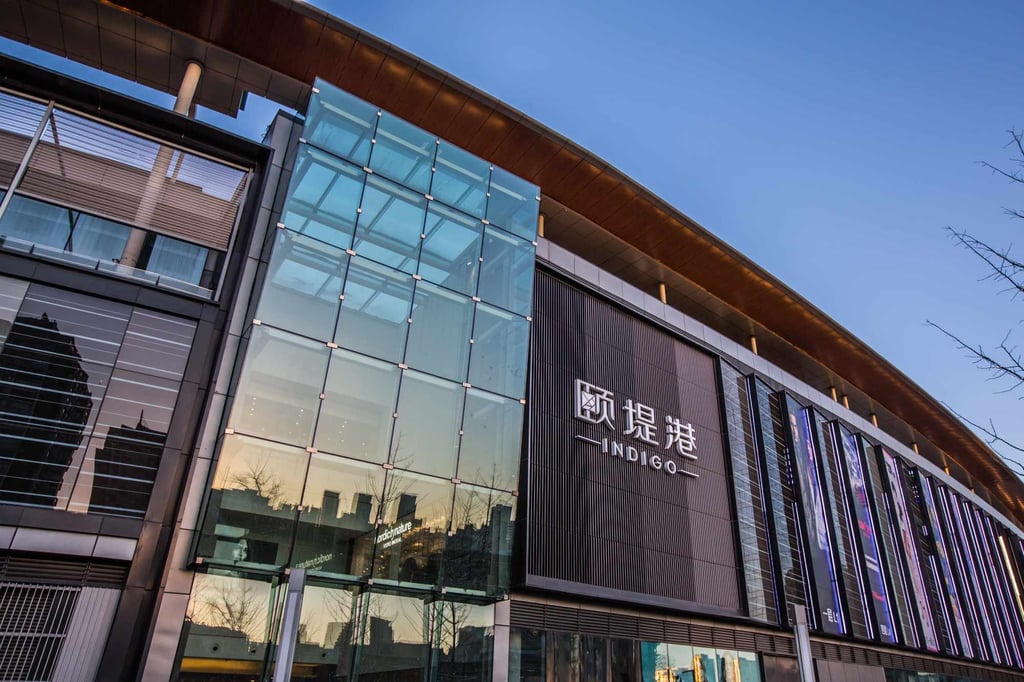State-backed firms are new pillar in Beijing’s real estate market as private buyers retreat
- State-backed companies have outgunned other investors in Beijing’s commercial property market, adding to their aggressive purchases in 2022 and 2023: Savills

China’s state-backed companies have stepped up their acquisition of large commercial properties in the nation’s capital to shore up the market, while private investors have retreated amid an industry slump, according to Savills.
They bought 5.8 billion yuan (US$811 million) worth of commercial assets, including shopping malls and office buildings, in Beijing in the first six months this year, a 46 per cent increase from a year earlier, according to data compiled by Savills, a real estate services firm. They outgunned private-sector buyers by 145 per cent during the period, it said.
The acquisitions followed back-to-back increases in 2022 and 2023, softening the blow on the mainland property market as the economy struggled for recovery momentum after the end of Covid-19 pandemic controls.
“The share of state-owned capital has been increasing year by year in the post-pandemic era,” said Ted Li, senior director and head of capital markets for northern China at Savills. They have emerged as a pillar of certainty for the local commercial real estate market, he added.
The state-backed entities bought 11.9 billion yuan of such assets in 2022, an increase of 37 per cent from a year earlier, and loaded up 19 per cent more in 2023 at 14.1 billion yuan, according to Savills. Such investments by private investors fell 44 per cent so far this year, in addition to a 64 per cent slide between 2021 and 2022, it added.

Shanghai-listed Xinhuanet Co, which operates China’s official news agency, unveiled last week a plan to spend 1 billion yuan on extra office space in the National Financial Information Building located in southwestern Lize business district.
